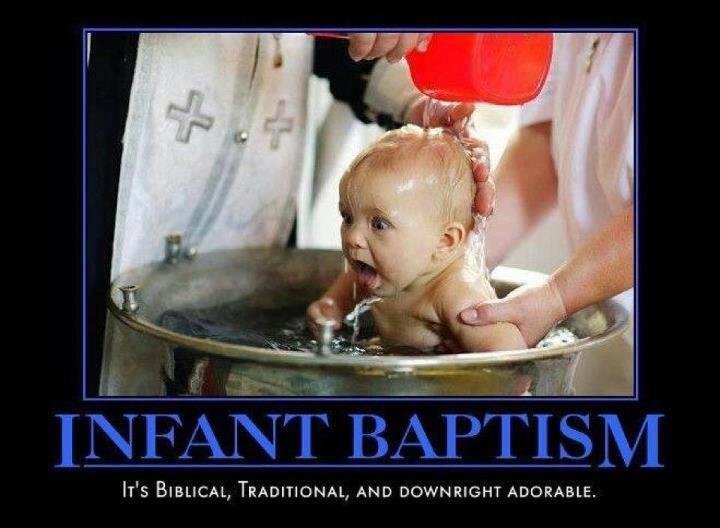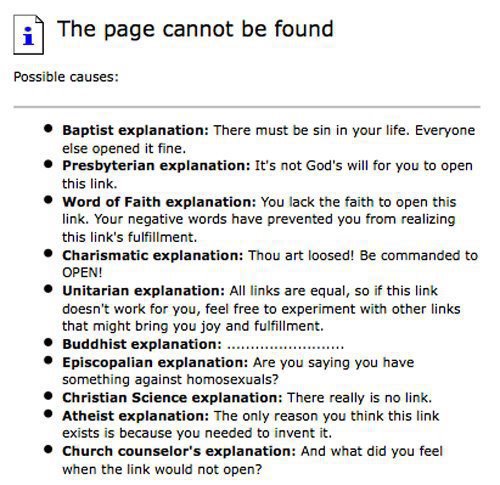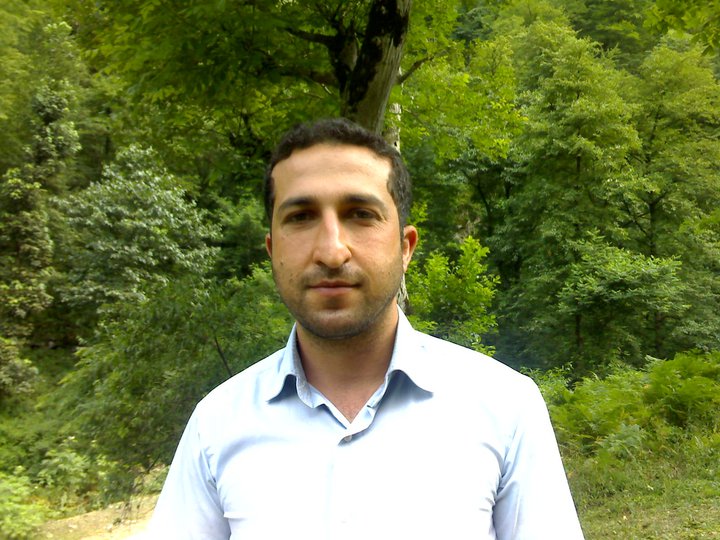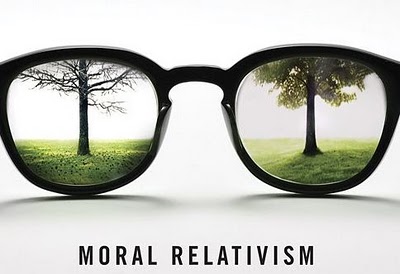The Old Testament Psalter is a very special book. How it came about and what it may communicate to us is under constant scrutiny by many experts around the world. Still, in my opinion, readers of the Psalms need to return to a more adequate understanding of this most precious and illuminating collection of texts within the Hebrew Canon.
What are the peculiar characteristics of those 150 widely diverging poems? The Psalter is, obviously, not focused on narration or historical accounts like Exodus, Samuel, or Kings. It is not putting ethical or cultic orientation into the foreground like Leviticus, Deuteronomy, or Proverbs. Neither does it promulgate much prophetic speech, although all of the fore-mentioned genres are present within its bounds. No, the Psalms, notwithstanding all their diversity, concentrate on direct relations with the Divine. They are, on the whole, words recitable in communal ceremonies. Their speakers are standing (lying or dancing) before God, and they are quite often completely tied into the smaller or larger congregation. In other words, the Psalms are not composed and used by “outsiders” or “observers” of religious life, present or past, but they originated in the midst of cultic life. They have been used down to our days in worships of varying provenance.
Today’s discussion and research of Psalms and Psalter, it seems to me, is too much determined by paradigms of literary theory, redactional practice, and intellectual theological construction (cf. e. g., the otherwise very important work of Gerald H. Wilson, Erich Zenger, J. Clinton McCann, etc.). The “Life-situations” [Sitz im Leben] of diverse genres of Psalms – a central point of Psalm exegesis for Hermann Gunkel and Sigmund Mowinckel – has to be taken into account seriously if we want to understand their meaning. Words transmitted to writing seem to have been stripped of their contextual settings; it is true. Reciters and listeners of old, however, still knew the immediate ritual/ceremonial dressings of given psalms, and they would use the cherished texts accordingly. By the way, many a modern reader will intuitively feel the situation of a supplicant on his sick-bed (cf. Ps 6:7 [NRSV 6]; Isa 38:1-3) and the jubilant cries of people saved from death (cf. Ps 22: 23-27 [NRSV 22-26]; 30:12-13 [NRSV 11-12] or reaping of a rich harvest (cf. Ps 65:12-14 [NRSV 11-13]). Basic human conditions of body, mind, and soul, both in regard to individuals and their intimate groups and to larger communities, bring forth ritual performances with their pertaining prayers and songs. I will try to sketch three cases in question and point out appropriate psalmic evidence.
a) Threats to health and life always and anywhere cause anguish and despair but also lead human beings to design countermeasures which may bring relief. Cultural anthropologists tell us that healing and protection rituals appealing to superhuman powers for help are common in many cultures. Of particular interest to us are Akkadian collections of ritual texts (on clay tablets and in cuneiform script) from the 1stmillennium B.C., notably the šu-illa (“Lifting of hands”) and nam-bur-bi (“Its solution”) incantations performed by a professional medicine man or woman. They do contain supplications to be spoken by the patient that are quite akin to the so-called “complaints of the individual,” the most frequent genre of psalms in the Old Testament (e.g., Pss 3; 4; 5; 6; 7; 13; 22; 31; 38; 55; 59; 69; 88; 102; 109; 130; 140; 141). There clearly are differences in all these specimens of supplication, Hebrew and Babylonian, but a common structure of invocation – complaint – petition – vow is distinctly recognizable. The conclusion seems to be unavoidable: Hebrew ritual supplication belongs in the broad stream of Ancient Near Eastern incantations against the evil assailing persons and their families. And there is sufficient evidence in the OT texts to bolster the argument. For example, take Ps 5:4 [NRSV 3]: “in the morning I plead my case to you and watch.” This is literally, “I arrange [my offerings] for you”). Now compare this to Ps 102:1 [NRSV superscription]: “A prayer of one afflicted when faint and pleading before the Lord.” Here relations in the ritual partly turn hostile against the sufferer who seems to be stricken by God (cf. Pss 11; 41; 55; 63).
If this analysis of life setting can stand up against critical tests, the interpretative context for “complaint psalms of the individual” is no longer only the book-form in which we receive it from our ancestors but also the very context of suffering and anxieties, poverty, and discrimination that actually can be seen as the backdrop of the written words. Just like the interpretation of any piece of art does require some knowledge of the biographical and historical circumstances which occasioned its existence, the “setting in life” makes plausible the state of mind patients and doctors (medicine persons) were in. We understand fears and hopes of the intimate group affected, and we can estimate better the confidence put into the traditional words of supplication administered by the healer. These words, together with ritual acts like offerings, purifications, and exorcisms have to bear the brunt of the quest for restoration, health, and well being, surely a matter of life or death. And the theological concepts behind all these endeavors for salvation from evil powers have nothing to do with that universalism and monotheism we like to project into every biblical text. Rather, we encounter a very personal God in those psalms of individual complaint who is open to the cries of the miserable. He or she (no matter which names are used in the actual psalm-texts) is being approached not on the basis of covenant with a people but in his or her function as protective deity of each family (cf. Gen 28: 20-22; 31:19). Family deities carried a heavy responsibility for their clan; they practically were part of the lineage. Therefore, the tone of the psalms of supplication was urging, argumentative, and sometimes accusing and threatening.
b) Experiences of exuberance, awe, joy, and the like are common to all cultures. They tend to synthetize as well into rites not so much of supplication but of praise and thanksgiving. Rudolf Otto (The Idea of the Holy, Oxford 1923) makes them into the very source of religion. This second largest group of psalms comprises cries, songs, and prayers of eulogy and gratitude to the benign powers above. There sure have been expressions of individual thanks (cf. Ps 30; 107) because they many times became obligatory after vows had been given in times of trouble (cf. Ps 22:23-32 [NRSV 22-31]; 2 Sam 15:7). Still, the act of praising God is more adequate to the community which feels blessed and protected, and, according to ancient ways of thinking, has a responsibility also to upkeep the divine powers (cf. Pss 22:4 [NRSV 3]; 8:6 [NRSV 5]; 148). Most hymns of praise in the Psalter, for this reason, are communal songs fit to be intoned during seasonal feasting or at special occasions of victory and salvation (e.g., Pss 19; 46; 48; 68; 87; 93; 95; 96; 100; 103; 104; 145; 146; 147; 148; 149). The subject matter of eulogy varies considerably: natural resources, guidance and victory by God, primeval creation of the habitable world, Zion as an invincible fortress, etc. The common ground of all these reinforcing praise-songs is the jubilant crowd of Israel (some texts have foreign roots though: cf. Pss 29; 104). Let me quote a few lines of my commentary: “The hymns themselves often refer to liturgical details and the very structure of some hymns suggests a responsive presentation (cf. Ps 136). Naturally, instruments provided melody and rhythm for holy dances, … and the people responded with ‘Hallelujah’ … or ‘Amen’… or with a short refrain (cf. Ps 118:1-4). … A joyful service in the ancient world was a noisy affair. The assembly would break out in deafening shouts … . Processions moved to and fro around the holy place … . In short, those festive occasions with their beautiful services to the Lord (Ps 27:4) were colorful events, and everything, including sacrifices, dancing, shouting, and merrymaking, was done in a grand style.” (Gerstenberger, Psalms vol. 1, 18). Interpreting OT hymns has to take into account these features and discover the God of the people (city-dwellers, tribal associations, national organization, Yahweh-faith-community) behind them.
c) Last but not least, we should ponder those psalms which are not concerned with fear and joy but belong to a meditative type reflecting on life and happiness in general, on the just and the godless, on the poor and the rich, on true faith and apostasy, on the identity of the “chosen” community (cf. Pss 9/10; 25; 34; 37; 39; 49; 73; 90; 111; 112; 119). They all, it appears to me, bear the hallmarks of the Jewish faith-community which arose in the Persian period. The political autonomy of Judah had not been restored after the downfall of Babylonia (539 B.C.). But the Persians offered the chance for constructing a religious body on the basis of the Torah, a restored temple in Jerusalem, and self-imposed identity symbols (Sabbath, circumcision, feasts, marriage rules, etc.). The so-called “wisdom psalms” all rotate around these community needs. They are, in a way, confessional texts to fortify congregational Jewish life at home and in the diaspora. This broader background, then, is decisive for our understanding them today. Having tried to see some Psalm-genres in their ancient context, we would have to go on in our interpretative work and look seriously into our own moods and experiences with anxiety, joy, and self-reflection and recognize present-day rituals (both inside and outside Christian life). Dialoguing with the Hebrew Psalms, then, may help us to refresh our efforts of coming to grips with the dangers and promises of our own lives and societies.
Notes























